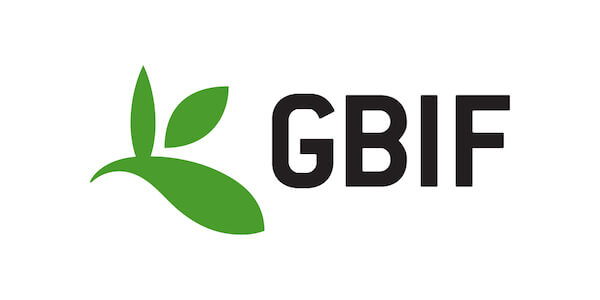GBIF speaks Polish

07 03 2025
Students from the University of Warsaw help the GBIF Poland node make data and information on GBIF.org more accessible for the world’s million Polish speakers
Leveraging the efforts of dozens of students and staff from the University of Warsaw (UW) who participated in two volunteer translation events last year, GBIF Poland has completed translations making Polish the eleventh language supported on GBIF.org.
Between the time of a translation marathon in June 2024 and a translation hackathon in December 2024, volunteers drawn from both UW’s Biology and Modern Languages faculties translated nearly 38,000 words from English to Polish. These gobstopping results benefited from a collective, community-based approach, according to the events’ coordinator, given the demands for precision and accuracy with technical and scientific terms related to biodiversity data.
“When we discovered that students from both faculties were taking Wojtek Kasprzak’s field class to learn English vocabulary on plants, fungi, and animals, we thought to offer them more opportunities, but we didn’t know what to expect,” Julia Pawłowska, deputy head of the UW’s Institute of Evolutionary Biology and a GBIF open biodiversity data ambassador. “The students who participated in the first event encouraged us to hold the second, which exceeded our wildest expectations by doubling the number of people involved.”
Dedicated volunteers from around the globe have completed nearly all translations overseen by the GBIF Secretariat in recent years, aided and enabled by a free open-source licence from the translation management platform Crowdin. An independent report published by Deloitte Access Economics in 2023 called out the estimated value of translation and other uncompensated activities across the GBIF network as nearly €1 million annually. At market rates, the economic value of these recent efforts is worth thousands of euros—though, for the volunteers, its benefits extends well beyond financial considerations.
As one of GBIF’s founding national members, Poland has participated in the network since 2001. Established in 2003 and hosted at UW, GBIF Poland node has played an active role in promoting data mobilization and use, both nationally and abroad, and the Polish Biodiversity Information Network (Krajowa Sieć Informacji o Bioróżnorodności, or KSIB) that it created includes most of the country’s scientific institutions dealing with biodiversity. The addition of the new Polish translations actually represents a reintroduction, as a much-earlier version of the GBIF website included Polish.
In recent years, KSIB member institutions have generated five large digitization projects under the government’s Digital Poland Operational Programme. The projects have generated a massive increase of species occurrences from Polish institutions through GBIF, rising from less than two million records in 2022 to nearly 16 million today. An additional breakthrough was connected with successful funding of activities of the Polish Node and KSIB partners, that lead to the launch of a programme of consolidation and networking activities, including GBIF-oriented workshops, trainings for data managers, development of databases and web applications, and creation of the Digital Catalogue of Biodiversity of Poland.
You can join the translators GBIF. These volunteers work across five official UN languages (Arabic, French, Russian, Simplified Chinese and Spanish) as well as Japanese, Portuguese and Ukrainian (with Czech to follow shortly), and others are welcome to signal their interest by completing the GBIF volunteer form.